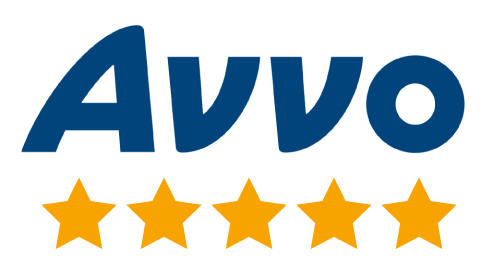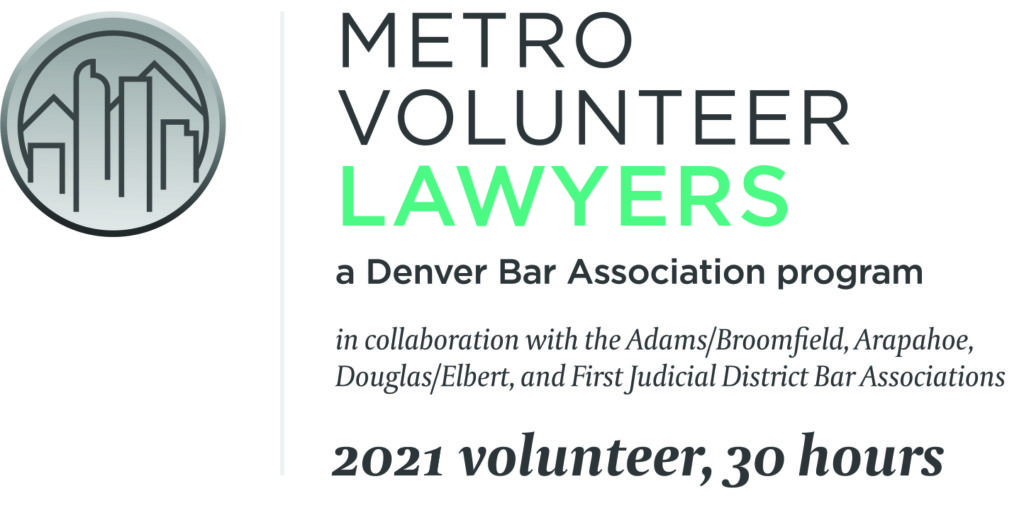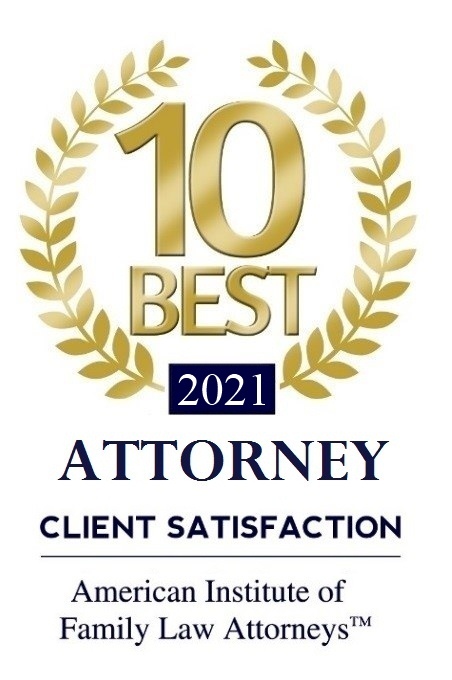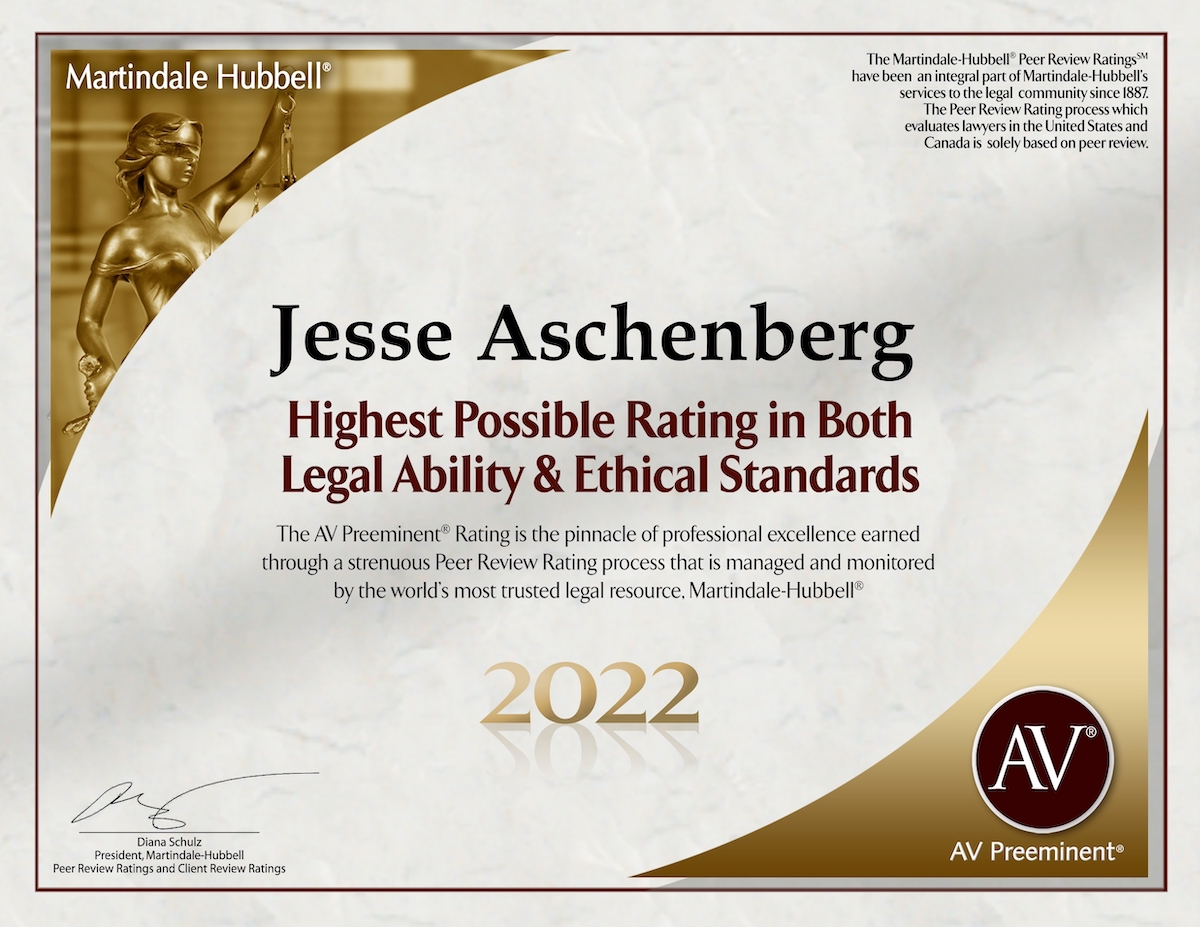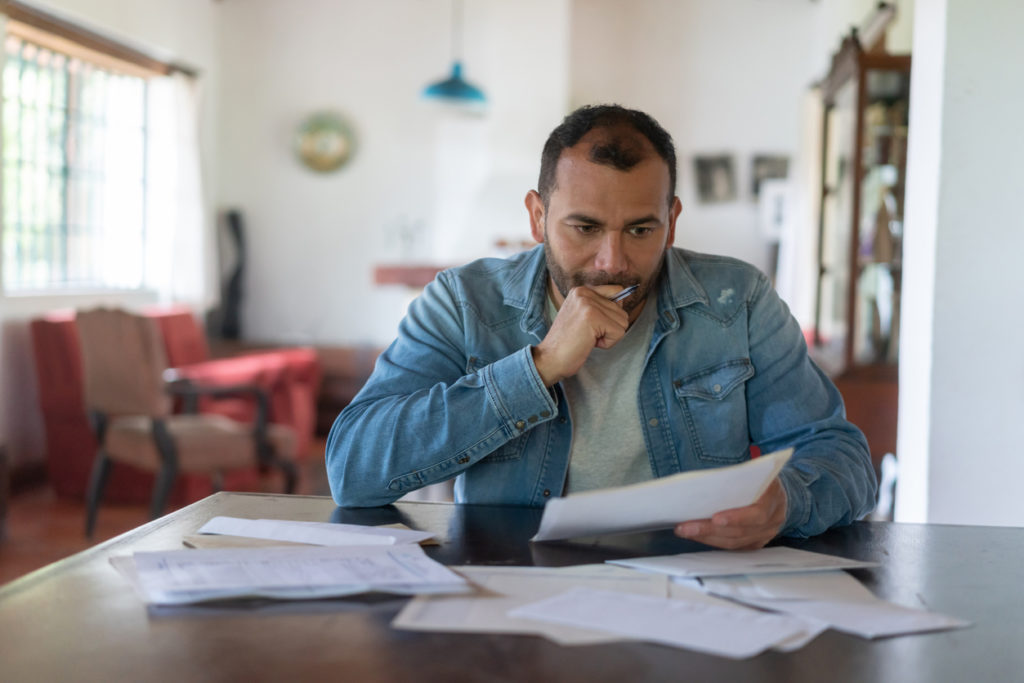
Do you feel overwhelmed by debt and do not know which way to turn? Bankruptcy is a word that frightens many people. They are often reluctant to even talk about the emotional and financial ramifications. Filing for bankruptcy is a difficult decision. However, there are multiple benefits. It’s important to weigh those and get all the facts before making a decision. We’re here to help you do just that.
Why Do People File Bankruptcy?
Bankruptcy is a legal process guaranteed by the US Constitution. It exists to help an individual get a fresh financial start by eliminating or reorganizing debt. Bankruptcy helps those with overwhelming debt find relief. It also provides a fair system to help the creditors get paid. Bankruptcy is governed by federal law. However, the laws regarding exemptions, or assets you can keep, vary from state to state.
An indication that you may be a good candidate for a bankruptcy is when creditors are harassing you or filing lawsuits to collect the debt. When this happens, you might feel hopeless.
One of the essential benefits of filing for bankruptcy is the automatic stay. This law offers immediate relief by stopping all debt collection, foreclosure, and wage garnishment actions. In turn, you are no longer besieged. Instead, you can finally take a breath and get your financial situation under control.
One of the most important decisions you’ll make is the type of bankruptcy to file. Typically, people file either a Chapter 7 bankruptcy or a Chapter 13 reorganization bankruptcy, depending on their needs and circumstances.
Understanding Bankruptcy
Under the Bankruptcy Code, there are six types of bankruptcy, all of which protect debtors from creditors. However, they are intended for different classes of debtors, and each type has different rules and processes.
Most individual debtors file under Chapter 7 or 13. Many businesses, including some sole proprietors, file for bankruptcy under Chapter 11. Some governmental entities may reorganize debt under Chapter 9. Farmers and fishermen often file under Chapter 12. Chapter 15 bankruptcy may apply to insolvency cases involving debtors and assets from multiple countries.
Some people avoid bankruptcy because they do not want to appear in court. However, the debtor typically does not have much, if any, contact with the bankruptcy judge. In a chapter 7 bankruptcy, the debtor usually appears in court only if an objection is raised in the case that requires a hearing. In a chapter 13 bankruptcy, the debtor usually only appears in court at a contested confirmation hearing. Both of these are rare events.
What is a Chapter 7 Bankruptcy?
This chapter of the Bankruptcy Code provides for “liquidation.” A trustee collects and sells all your nonexempt assets and then uses the proceeds to pay your creditors to the extent possible. You may keep assets that are listed as exempt under either federal law or the law of your state.
Chapter 7 is the most common type of bankruptcy and results in the discharge of most, if not all, of your unsecured debts that are not collateralized, such as credit cards and medical bills. These debts typically involve higher interest rates because the lender has almost no protection against bankruptcy. However, lenders lessen the risk by reporting delinquent payments, working with collection agencies, or selling the loans.
How do I qualify for chapter 7?
To qualify for a Chapter 7 bankruptcy, a debtor must pass a “means test.” The purpose is to determine whether the individual has the means to pay their debts. The test considers your income, bills, and the size of your family.
The median household income is based on regularly updated information from the U.S. Census Bureau., If the debtor has income higher than the median income, the debtor will have to go to the second step, which involves a more detailed analysis to determine whether Chapter 7 is the appropriate option.
If you do not qualify under the means test and cannot file for Chapter 7 bankruptcy, you can still get a bankruptcy discharge after completing a Chapter 13 repayment plan.
What debts are discharged in chapter 7?
Chapter 7 bankruptcy can discharge most of your debts. However, some debts, such as child support, alimony, student loans, certain taxes, and fraudulent debts, are not dischargeable in bankruptcy.
It usually takes under six months to obtain a discharge in a Chapter 7 bankruptcy.
What Does Chapter 13 Mean?
A chapter 13 bankruptcy, also called a “wage earner’s” plan, allows people with regular income to develop a plan to repay all or part of their debts over a period of three to five years. Fundamentally, it permits the debtor to consolidate their debt and make a monthly payment to a court-appointed trustee, who then disburses the money to creditors. It remains on your credit report for seven years from the filing date. For many people, a significant advantage of a Chapter 13 bankruptcy is that it offers individuals an opportunity to save their homes from foreclosure. Chapter 13 bankruptcy also can let you keep property that would otherwise be liquidated in a Chapter 7 bankruptcy. If the court accepts the repayment plan, creditors cannot continue collection efforts, which is usually a huge relief for debtors.
The Bankruptcy Code states that “Any individual, even if self-employed or operating an unincorporated business, is eligible for chapter 13 relief as long as the individual’s combined total secured and unsecured debts are less than $2,750,000 as of the date of filing for bankruptcy relief.” Income can come from various sources, including Social Security payments, pensions, unemployment, and rental income. Individuals must also be current with their income tax filings for the last four years. If the debtor is not current, he/she must bring his tax filing current shortly after filing.
Which Type of Bankruptcy Is Right for You?
There are pros and cons to each type of bankruptcy. The main differences between Chapter 7 and Chapter 13 bankruptcy are the eligibility requirements, debt resolution, what property you can keep, and the length of time it takes to complete the process. Generally, the biggest difference between the two types of bankruptcy is that Chapter 7 takes 4-6 months to complete and focuses on liquidating non-exempt property. Chapter 13 allows you to make payments to the bankruptcy trustee in lieu of property being liquidated, helps address back taxes, and also gives you the opportunity to keep your home and car if they are worth a lot of money, or you are behind on payments.
Each person’s situation is unique, so your attorney can help you decide which is the most beneficial for you.
A Chapter 7 bankruptcy may be the best choice for those with limited income and primarily unsecured debts, such as credit cards and personal loans. It is also a faster process. Those who have a high disposable income, non-exempt assets to protect, and can fulfill a court-approved repayment plan may choose to file under Chapter 13.
We Are Here To Help
Bankruptcy is a legal and powerful debt relief option. It exists to relieve you from oppressive debt and give you a fresh start. The bridge to a better tomorrow starts here at the Aschenberg Law Group. We focus on Chapter 7 and Chapter 13 bankruptcy cases. Our process begins with a free initial consultation with no strings attached. Next, we take a deep dive into your financial situation and determine the best strategy to resolve your situation. Finally, we will handle your bankruptcy filing, and you will experience immediate relief from onerous debt. To start the conversation, call or text us today at 720-259-8400.

